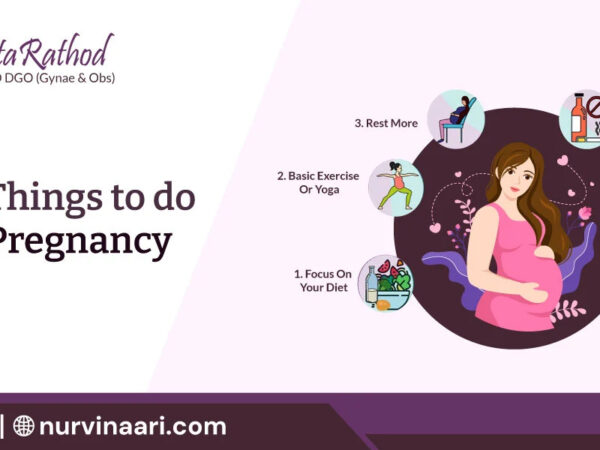If you choose elective cesarean (c-section) or need to undergo one in case of an emergency, you might want to know the dos and don’ts of it for a smoother recovery. C-section requires an extended recovery period compared to vaginal birth. It involves an incision right above the bikini line, as well as on the uterus. Your gynecologist in a maternity hospital in Thane will explain all the instructions for recovery, including the most appropriate breastfeeding position, wound care tips, and so on. Here’s a look at some dos and don’ts every woman should follow after a C-section to ensure faster recovery.
Dos After a C-Section
As much as you may want to return to your old life, a C-section requires plenty of rest and care. It may take time for you to heal completely. Here’s what you can do to make things easier.
- Get Rest: The first few days can be hard, with the responsibility of a newborn and a fresh wound that might still cause pain. Getting rest is important, as it helps speed up tissue repair. Sleep when your baby sleeps, and avoid indulging in physical activities that can burn your energy.
- Incision Care: Wash the incision site gently with clean water and mild soap. Let the area dry. Avoid using any cream or powder on the wound unless approved by your doctor.
- Pain Relief: Your doctor will prescribe medication to help you manage pain after a C-section. You can call them if the pain doesn’t get better or it’s worsening. They will adjust the dose accordingly.
- Eat Well: Your C-section delivery doctor in Thane will advise you to stay hydrated and follow a diet rich in vital nutrients.
- Attend Your Follow-up Visits: You may need to get the stitches removed a week after surgery (if your doctor used removable stitches). Your doctor may also call you for follow-up visits to check how well your incision has healed.
Don’t after a C-Section
Here’s what you should avoid after surgery:
- Avoid Heavy Lifting: Lifting objects heavier than your baby can strain your abdominal muscles. Do not lift heavy weights for six weeks or until you feel normal.
- Do Not Start Exercising: While exercising is important to stay active and fit, they are generally not recommended for the first few weeks. Anything that puts pressure on the wound should be avoided until your doctor clears you for it. You can start gentle stretching or yoga in 3-4 weeks.
- Do Not Drive: Arrange for a ride back home after surgery, and avoid driving for the first few weeks or at least until you are on painkillers.
- Do Not Ignore Excess Pain: Some pain after surgery is normal, but if it’s too severe and doesn’t ease with painkillers, it’s a sign you need to see a doctor. Pain accompanied by redness, swelling, and discharge from the incision site requires prompt medical attention.
Recovery from a C-section requires patience and time. Eat right, drink plenty of water, and get enough rest to give your body the time and nutrients it needs to recover.

